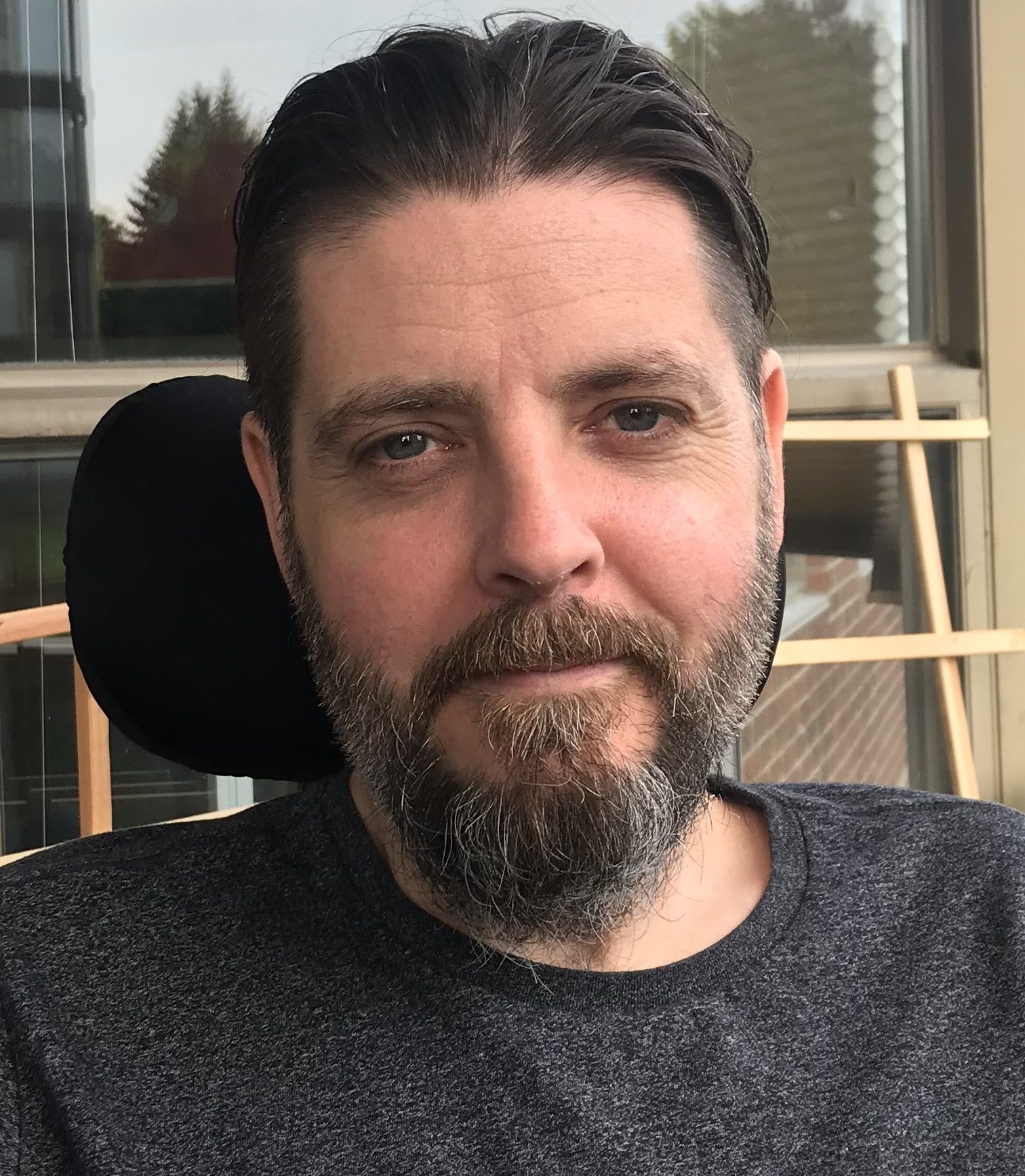are there any special considerations you have to take in your daily life?
i have to always be near a washroom. if i need to go out, which is pretty rare, like if i’m going to the pharmacy or going to see my study team at the hospital or going to fulfill my horticultural addiction, i will take a small pile of pills to get me through the day. those are generally antispasmodic medications and anti-diarrheals like imodium that will at least allow me to get into my car and drive around the city.
if i want to do a little road trip, i have to take enormous amounts of precautions because accidents happen. that’s one of the worst and nearly dehumanizing aspects of this disease. when you have a cramp and your colon says, ‘we’re going,’ if you’re in your car, you need to have pulled over and run into the shrubberies five minutes ago, because it’s going to happen and there’s no way to stop it.
i know a lot of ibd patients who have had an accident in public, or they’ve had to tear off the road and run into a store. it’s a horrifying moment.
i also get constant, chronic pain from the bulging discs in my spine, which means i always have a bit of limp when i’m walking and i can’t stand for any great length of time. if i’m going to be walking, i usually take a narcotic drug to help get me through. driving hurts — i get a lot of pain from sitting, which is unfortunate because driving is one of my favourite pastimes.
 11 minute read
11 minute read









